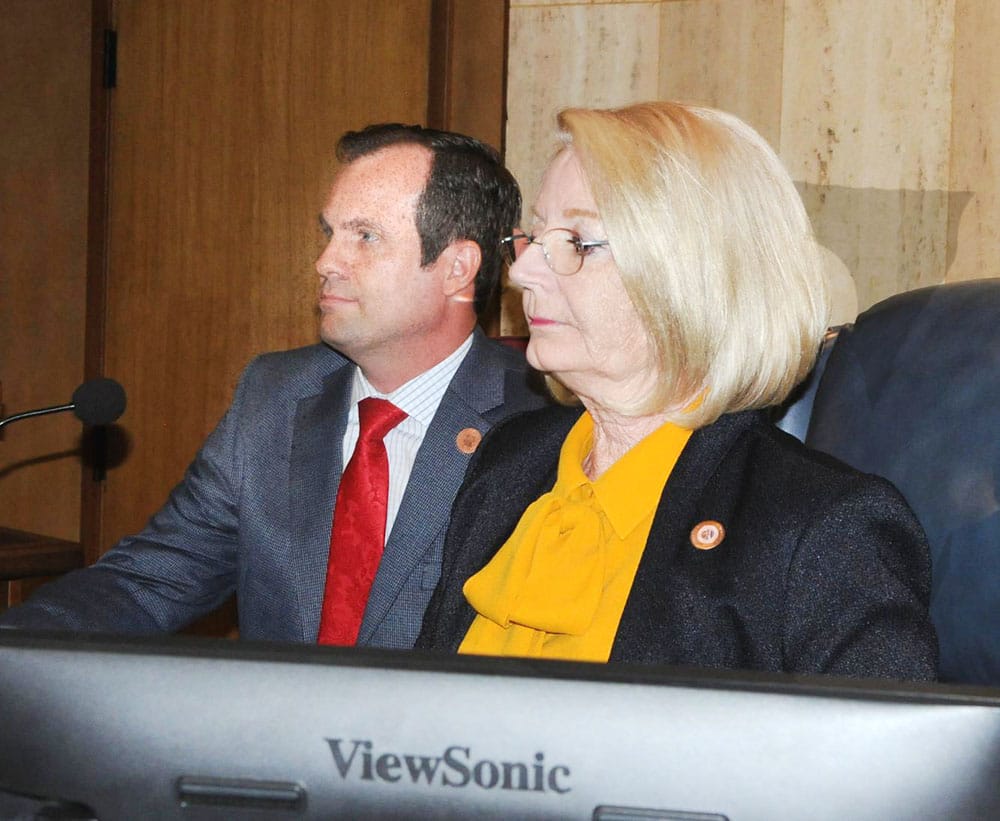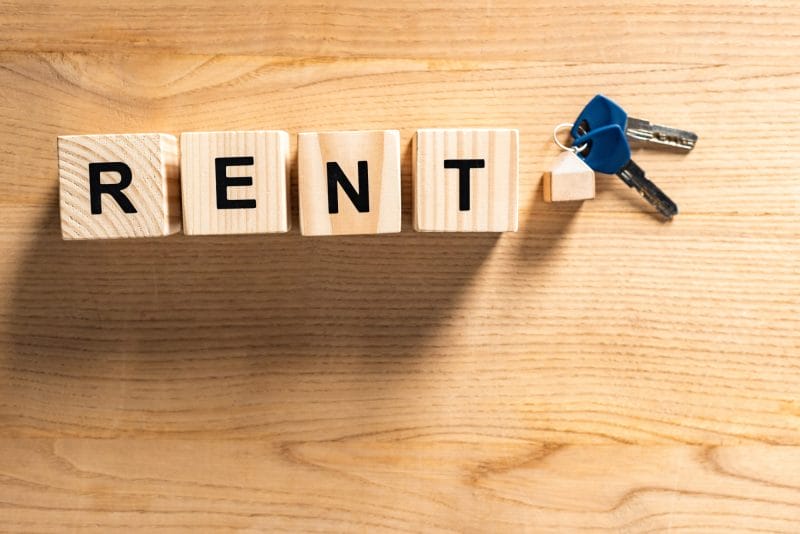Senate President Karen Fann and Sen. Warren Petersen, who chairs the Judiciary Committee, prepare to hear the audit findings delivered Friday./Howard Fischer/Capitol Media Services
By HOWARD FISCHER | Capitol Media Services
An attorney for Senate President Karen Fann is making a last-ditch effort to let her keep secret more than 700 records related to the audit of the 2020 election.
Kory Langhofer told the Arizona Supreme Court Tuesday that legislators have broad latitude in keeping confidential the conversations they have about matters that could end up as future legislation. That legislative privilege, he said, is based on the premise that lawmakers and those who work for them will be more frank in their discussions if they are assured it won’t become public.
And in this case, Langhofer said, what came out of the review could result in new laws affecting how elections are conducted.
But some of the justices appeared to be less convinced by Langhofer’s argument that courts should accept, as a “question of trust’’ claims by lawmakers that documents or communications they say are policy discussions that need not be disclosed.
“It doesn’t allow a trial judge to fairly determine whether or not, in fact, that particular communication does fall within the proper ambit of legislative privilege,’’ said Justice William Montgomery. “I don’t think it helps a trial court judge if the legislature, or any particular party, reaches the ultimate legal conclusion that ‘this is not something you need to worry about.’”
Andy Gaona, arguing for American Oversight, which has sued for the records, said such a conclusion would leave groups like his without an ability to seek judicial review when a public body withholds records on some claim of privilege.
“We have no idea of exactly what is being withheld here,’’ he told the justices. And that makes it impossible for anyone seeking records to make the case in court that records are being wrongfully withheld.
More to the point, Gaona said, Arizona’s public records law does not require those seeking documents or communications to prove that they are, in fact, public.
“The burden is on the public body to establish that a record that is presumptively public … should be withheld because it is detrimental to the best interests of the state,’’ he said.








